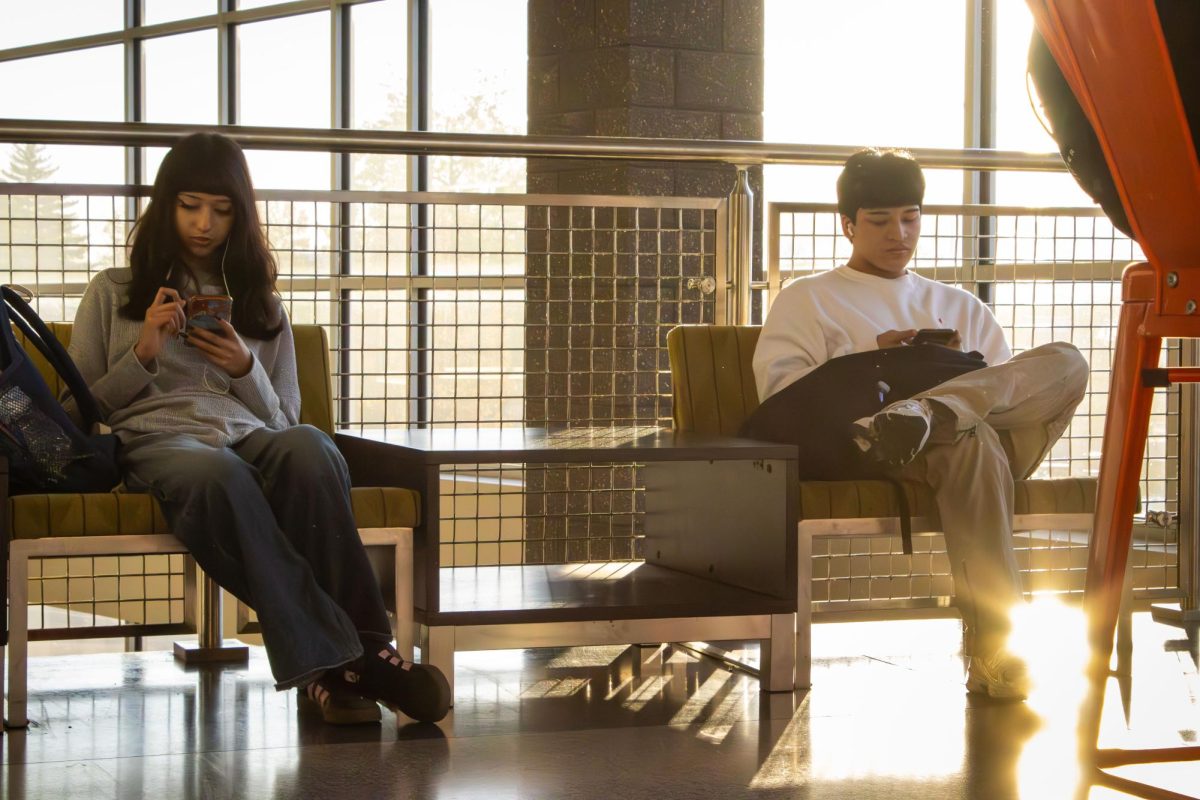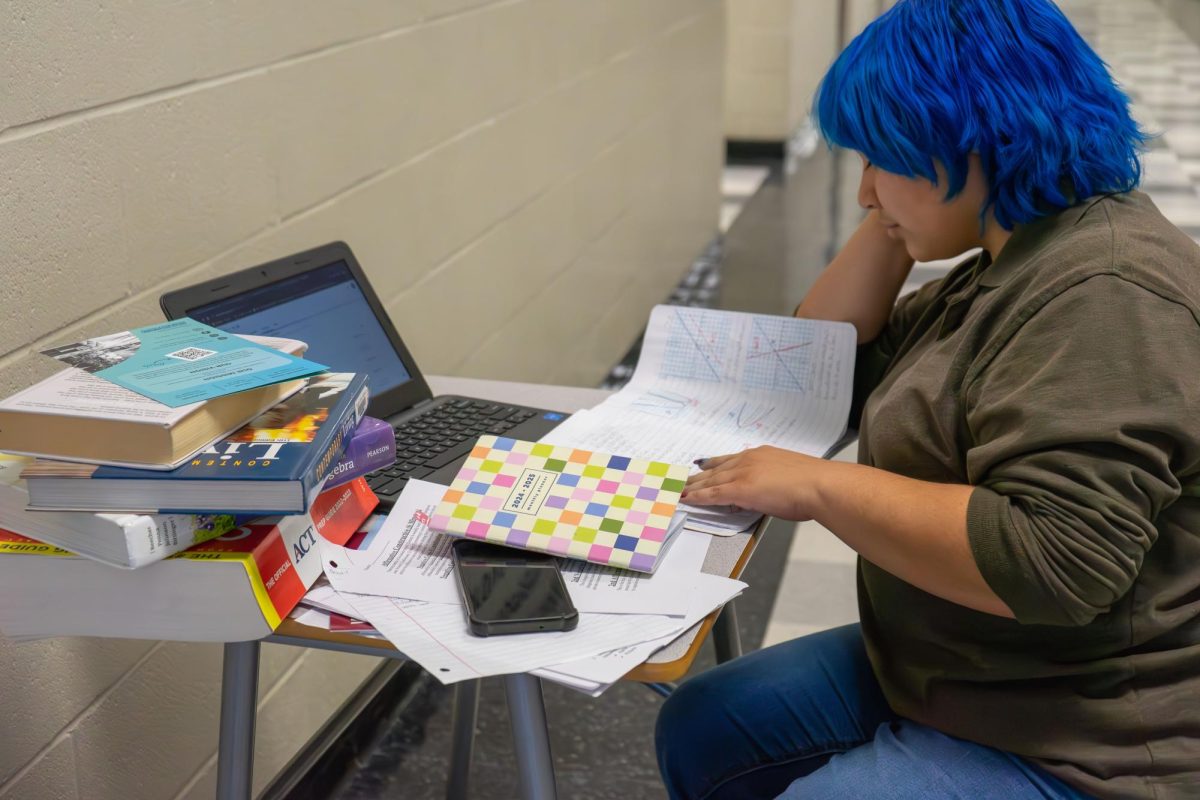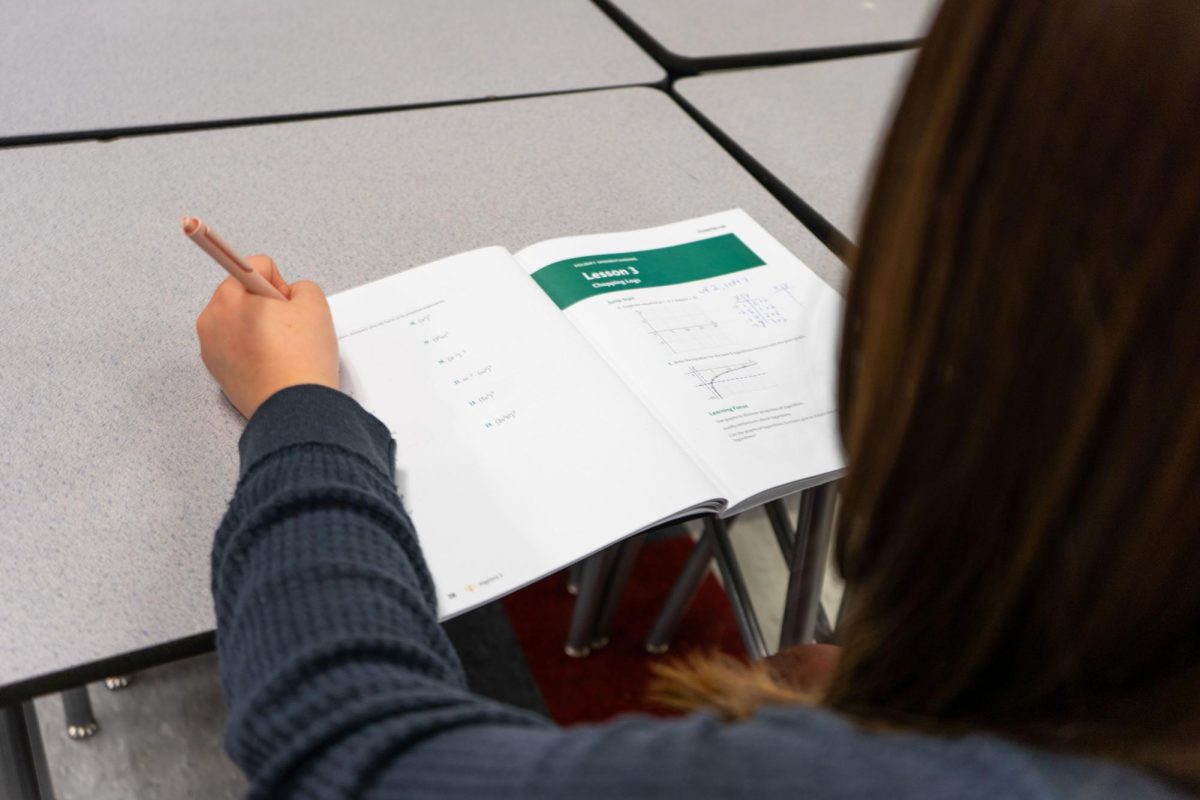As phones have evolved technologically, so have the opinions of whether or not phones create a positive or negative impact onto the classroom. This has started the debate about the effect on the attention spans, grades and relationships of students.
When looking around, you can pick out a solid number of people engaged on their phones. Because of this, fewer students are interacting in person. Instead of learning about others, we look them up online. Instead of branching out, our phone and social media apps are keeping us company. When in class, many students are choosing phone time instead of engagement in class. Instead of paying attention and finishing assignments, we’re texting others or scrolling through media.
With the rise of Tiktok and Instagram reels, our attention spans are shortening and our motivation is depleting. When boredom arises, we are turning attention to such apps. We may think this is solving our boredom, but I believe it to have a negative impact on our engagement. Tools such as socializing and our ability to be engaged are essential to succeeding in school, but our ability to apply these tools is becoming harder to use with the influence of our accessibility to phones. So the question is posed, should we, or should we not allow phones in school?
“When it comes to our school’s policies, I feel that it depends on the teacher. Most teachers don’t care about them normally, but they are away during tests. But, it also depends on the student and the class subject. There are students who are glued to their phones. Not talking much and in their own bubble, with their work ethic lacking. With students’ feelings and personal life, that has an effect on their usage. Sometimes students just need a break for a bit. I can see both sides personally. When dealing with my own personal life, I find myself on my phone more often during school” said Jayde Watson (12).
Another student shares their views on connecting online instead of human connection. “It’s harder to talk to others in person. It’s easier online to know who they are and their interests, as well as talking outside of school. Talking face to face is easier for some, harder for others,” said Lexi Engelberger (11).
Our phones are great for taking breaks, if used responsibly. Students can easily talk in and out of school more than ever. It does really depend on the specific student. Some have better control on their phone usage than others.
“My students are required to put their phones up in the phone pocket when entering the classroom. It’s hardly personal. When students do have their phones, it’s a constant distraction. They aren’t able to be fully engaged. Students need face to face. And when teaching, it makes it impossible to teach. It’s a constant thought in our minds. I don’t think any grade of students need their phones. There’s no reason to. Before phones, students had more self control in the classroom,” said social studies teacher Jennifer Richard.
Since the first day of school, she has been my only teacher with stricter policies when it comes to phones. Because accessibility is restricted in the classroom, there’s been a positive shift in engagement, grades, and learning. Not only do these policies benefit students, but also her ability to teach. Efficient learning is critical for success in our classes. When distractions are eliminated, this positively benefits us as students.
“If one parent decides [to not allow their student to have their phone in school], the student is seen differently. We need to make a decision as a community,” said Mrs. Richard.
According to Principal Greenwell, the district Board of Education has been debating about implementing stricter phone policies within the schools. “Ultimately [we will] take our direction from the Board. I do believe it is helpful for students to know how to operate technology in 2024 respectfully. I think we’re getting state legislation this year on [phone policies].”







